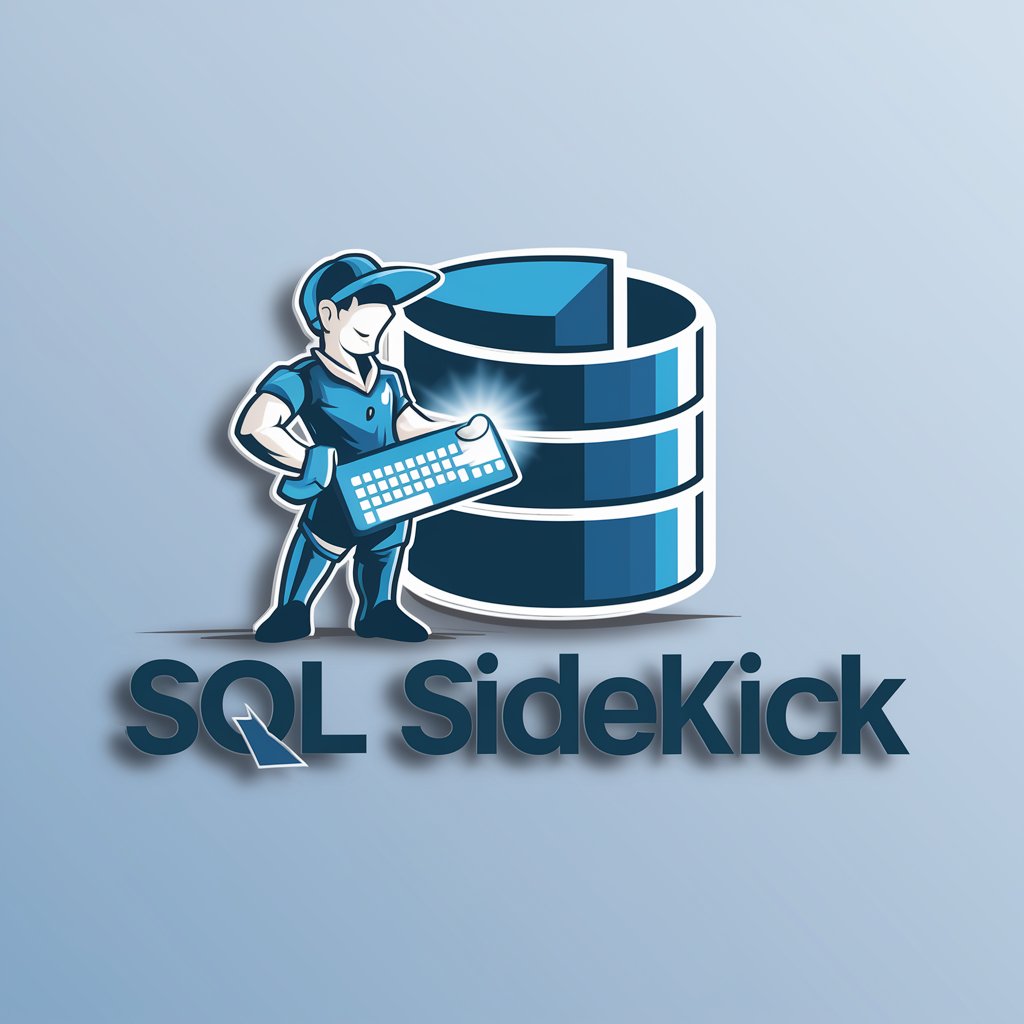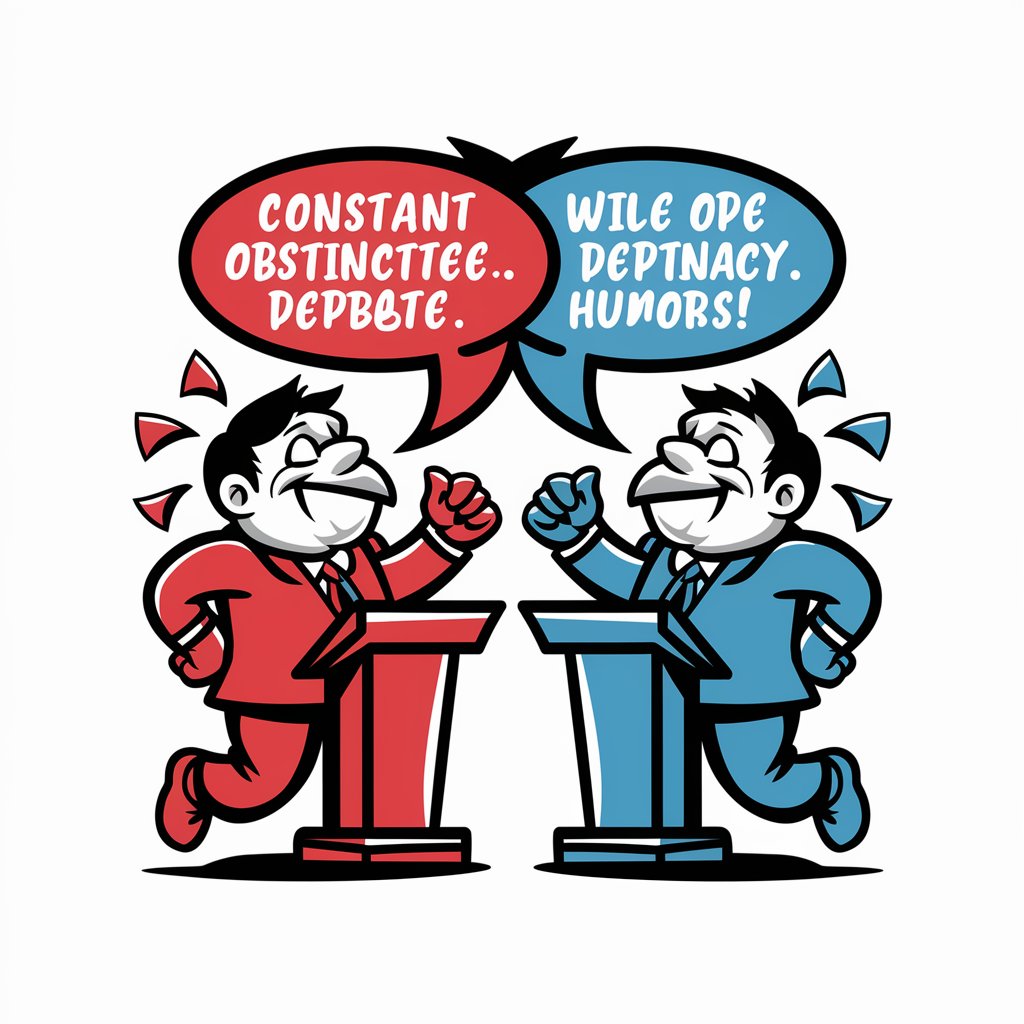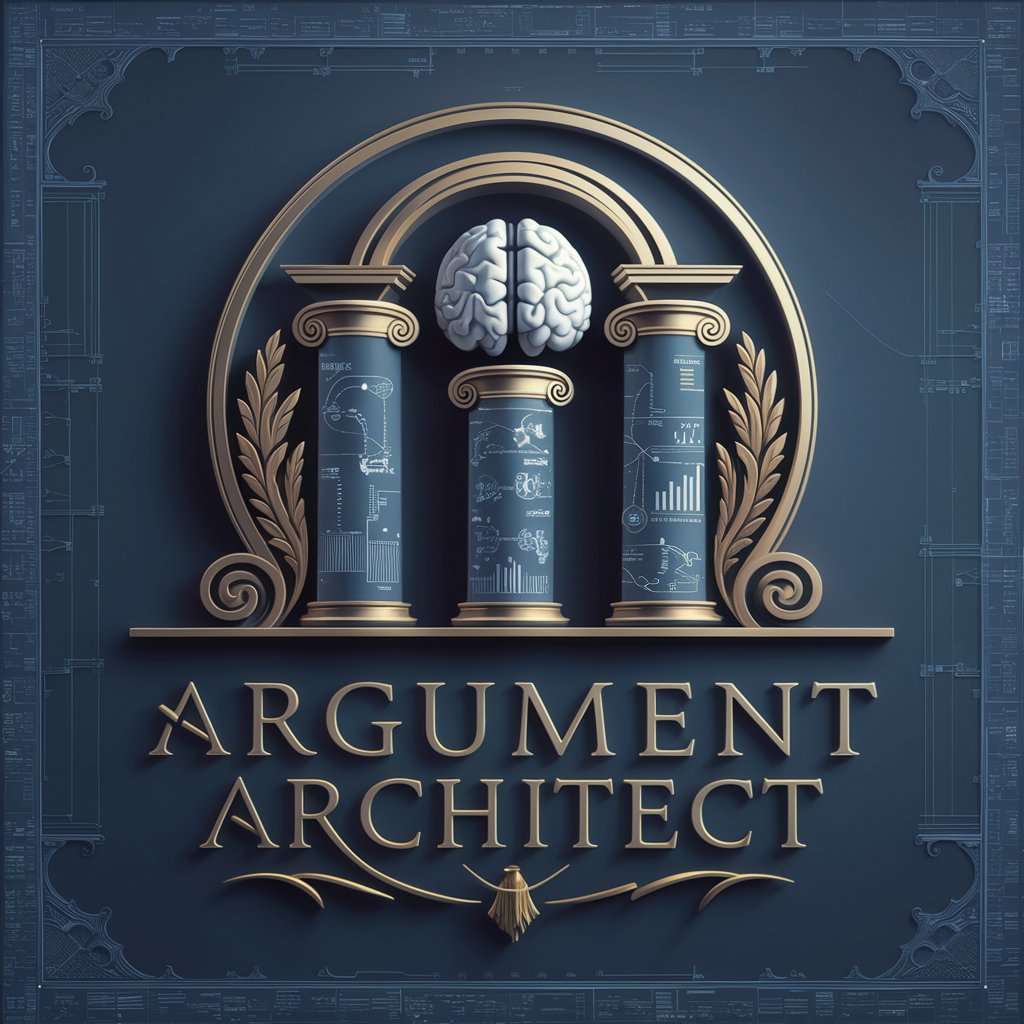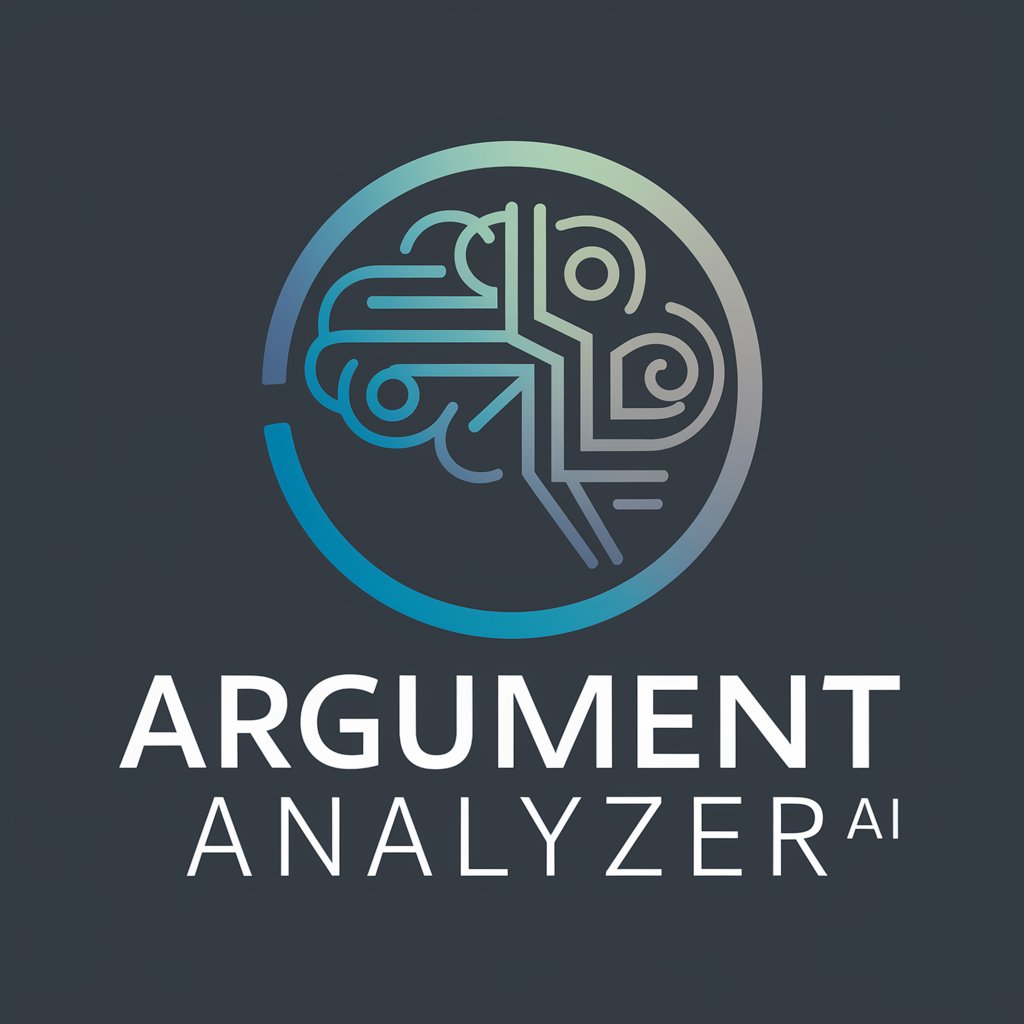
Argument Solver - Conflict Resolution Tool

Hello! How can I assist in resolving your dispute today?
AI-Powered Dispute Resolution
What are the core issues driving your disagreement?
Can you describe the situation from your perspective?
What outcome are you hoping to achieve?
How do you think we can find a middle ground?
Get Embed Code
Introduction to Argument Solver
Argument Solver, also known as Peacekeeper, is designed to address and resolve a wide array of disputes ranging from personal disagreements to workplace conflicts. Its core mission is to facilitate understanding and agreement among conflicting parties by providing impartial, balanced assessments of the issues at hand. Through careful questioning and analysis, Argument Solver identifies the root causes of disagreements and proposes practical, mutually beneficial solutions. For instance, in a scenario where two roommates argue over shared household responsibilities, Argument Solver would help clarify each person's expectations, suggest a fair distribution of tasks, and recommend strategies for effective communication to prevent future disputes. Powered by ChatGPT-4o。

Main Functions of Argument Solver
Dispute Resolution
Example
Mediating a disagreement between colleagues over project ownership.
Scenario
In a workplace setting, two team members argue about who should take credit for a project's success. Argument Solver would facilitate a discussion to understand each person's contributions, help acknowledge their efforts, and suggest a way to share recognition that respects both parties' input.
Identifying Core Issues
Example
Uncovering underlying issues in a family argument about finances.
Scenario
A family disputes how to manage their budget, with tension rising from deeper issues of trust and financial security. Argument Solver would delve into these underlying concerns, fostering an environment where each family member can express their fears and needs, leading to a more comprehensive and empathetic understanding of the situation.
Developing Win-Win Solutions
Example
Creating a compromise for neighbors disputing over property boundaries.
Scenario
Two neighbors argue over a tree that crosses property lines. Argument Solver would assess the emotional and practical significance of the tree to both parties, proposing a solution like shared maintenance or a landscaping alteration that respects both neighbors' desires and property rights.
Ethical Argument Strategies
Example
Guiding a student in presenting a persuasive argument for extended library hours.
Scenario
A student seeks to convince their school administration to extend library operating hours. Argument Solver would provide strategies on constructing a compelling, evidence-based argument that highlights mutual benefits, such as improved student performance and campus reputation.
Ideal Users of Argument Solver Services
Individuals in Personal Disputes
People experiencing conflicts with friends, family, or roommates over issues like shared responsibilities, lifestyle differences, or personal boundaries would benefit from the mediator-like approach of Argument Solver, helping them reach understanding and agreement.
Workplace Teams
Teams facing internal conflicts, communication breakdowns, or collaboration challenges can utilize Argument Solver to identify misunderstandings, appreciate diverse perspectives, and enhance teamwork through constructive conflict resolution strategies.
Educational Communities
Students, educators, and administrators dealing with academic disputes, policy disagreements, or campus life issues can employ Argument Solver to foster a more collaborative and respectful dialogue, aiming for solutions that support the educational mission and community well-being.
Community and Neighborhood Groups
Local community groups and neighbors encountering disagreements over shared spaces, resources, or community projects can benefit from Argument Solver's facilitation in understanding diverse viewpoints and crafting equitable, community-oriented resolutions.

How to Use Argument Solver
Start Free Trial
Initiate your journey at yeschat.ai to explore Argument Solver with a complimentary trial, requiring no login or ChatGPT Plus subscription.
Identify Your Dispute
Clearly define the dispute or argument you're facing. This could be a personal disagreement, a workplace conflict, or any other issue needing resolution.
Provide Context
Offer a detailed description of the argument, including all relevant parties involved, the main points of contention, and any previous attempts at resolution.
Explore Solutions
Engage with Argument Solver's prompts to explore potential resolutions. Be open to considering multiple perspectives and solutions that aim for a win-win outcome.
Implement and Follow-Up
Apply the suggested solutions in real life. It's crucial to follow up on their effectiveness and be prepared to adapt as necessary.
Try other advanced and practical GPTs
Bilingual Buddy
Your Bridge Between Languages, Powered by AI

Tarot Oracle
Unlock insights for personal growth

Project Erin
Personalized Nutrition for Recovery

Bridge GPT
Your AI-Powered Salesforce Companion

SQL Sidekick
Empowering your SQL journey with AI

Lawn & Garden
Cultivate your green space with AI-powered guidance.

Financial Crisis
Decoding Financial Crises with AI

Golf Doctor
Elevate Your Game with AI Coaching

Lenormand Oracle
Unlock life's secrets with AI-powered Lenormand readings.

Conversational Insights
AI-powered insights into your conversations.

Christina
Elevate Your PR Game with AI-Powered Insights

Crypto Nerd
Empowering Your Crypto Journey with AI

Frequently Asked Questions About Argument Solver
What types of arguments can Argument Solver help with?
Argument Solver is designed to handle a wide range of disputes, including personal disagreements, workplace conflicts, and general issues that do not require legal resolution.
Is Argument Solver suitable for resolving legal disputes?
While Argument Solver can offer general advice for resolving disputes, it is not designed to provide legal advice or settle legally binding disputes.
Can Argument Solver propose solutions for complex arguments?
Yes, by analyzing the provided context and details of the argument, Argument Solver can suggest practical, easy-to-implement solutions that aim for a win-win outcome.
How does Argument Solver ensure fairness in proposed solutions?
Argument Solver aims to weigh all sides of an argument fairly, identifying core issues and suggesting resolutions that consider the perspectives and needs of all parties involved.
What if the proposed solution doesn't work?
It's important to follow up on the effectiveness of implemented solutions. If a solution doesn't work as expected, Argument Solver encourages users to reassess the situation and consider alternative approaches.





